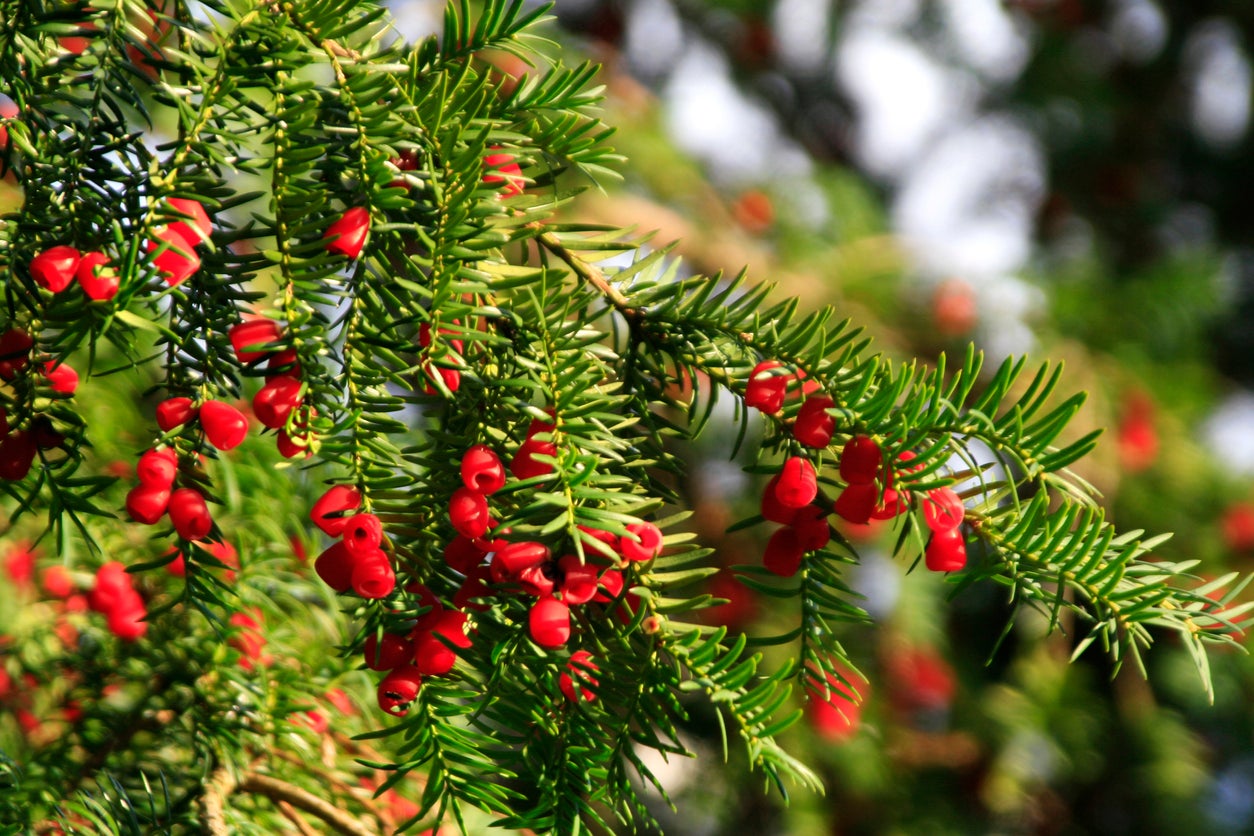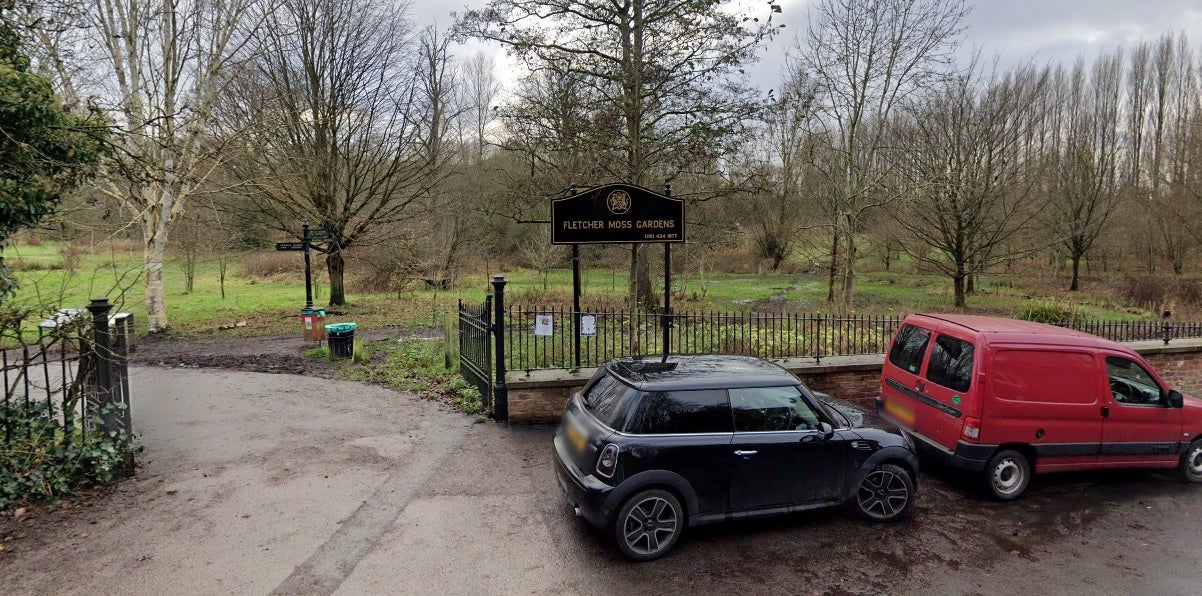Warning as boy collapses and dies after eating poisonous berries on walk with father
Teenager became unwell after ingesting berries and leaves from a yew tree in Fletcher Moss Park, Didsbury

Your support helps us to tell the story
From reproductive rights to climate change to Big Tech, The Independent is on the ground when the story is developing. Whether it's investigating the financials of Elon Musk's pro-Trump PAC or producing our latest documentary, 'The A Word', which shines a light on the American women fighting for reproductive rights, we know how important it is to parse out the facts from the messaging.
At such a critical moment in US history, we need reporters on the ground. Your donation allows us to keep sending journalists to speak to both sides of the story.
The Independent is trusted by Americans across the entire political spectrum. And unlike many other quality news outlets, we choose not to lock Americans out of our reporting and analysis with paywalls. We believe quality journalism should be available to everyone, paid for by those who can afford it.
Your support makes all the difference.A coroner has issued a warning after a teenager died from eating wild berries he found while out walking with his father.
Benn Curran-Nicholls, who had severe autism, was poisoned after ingesting berries and leaves from a yew tree he liked to climb in Fletcher Moss Park, Didsbury, Manchester.
Benn and his father, who was unaware of the risks associated with the yew tree, went for a walk in the park on 18 September last year. Later that day, at around 6pm, the teenager became unwell and suddenly collapsed.
He was admitted to Royal Manchester Children’s Hospital by emergency ambulance where he died in the early hours of 19 September 2022.
Have you been affected by this? Email matt.mathers@independent.co.uk
Toxicological evidence was that yew tree poisoning in humans was rare, but that several cases had been reported.
The inquest concluded that Been died after suffering “refractory cardiogenic shock”.
Andrew Bridgman, assistant coroner for Manchester City Council, raised concerns about authorities’ handling of the incident and decision not to issue an alert to the public about the dangers of yew trees.

After a long discussion, the council and the UK Health Security Agency (UKHSA) decided not to issue an alert because it risked doing “more harm than good” because deaths from yew tree poisoning were relatively rare.
An email from UKHSA to the council read: “We agreed at present that there was probably a risk of doing more harm than good from any comms put out.
“W would be very concerned about unintended consequences from comms messages, e.g. highlighting the risk of harm which may in turn provide a source for people to self-harm as a potential route for suicide."
But the coroner described the decision as “illogical”.
“Berries and the like might be attractive to young children who would not recognise the dangers and risks, of even illness let alone death,” he wrote in his preventing future deaths report. “The poisonous nature of the yew tree is not, on the evidence, well known to the public.
"The decision appears to be focused on comms solely about the yew tree and the risks of identifying an additional means of deliberate ingestion for suicide.”
“No consideration was given to highlighting the risks of eating wild berries and/or leaves in more general terms."
“In the circumstance it is my view that the decision not to put out public health messages, either specific to the yew tree or in more general terms, was not properly and fully thought through. It should be re-visited.”
Mr Bridgman concluded that there was a risk of a death arising in similar circumstances and that informing the public about the dangers of yew trees would reduce this risk.
“In my opinion action, namely further consideration, should be taken to prevent future deaths and I believe you have the power to take such action,” he said.
A Manchester City Council spokesperson said: “Our thoughts are with the family in this heartbreaking case. It’s a matter which we are taking extremely seriously and we will continue to take advice on best practice and respond to the coroner’s recommendations in due course.”
A spokesperson for UKHSA said: “Our thoughts remain with the family. UKHSA continues to support colleagues at Manchester City Council regarding this tragic case and we will respond to the coroner’s recommendations in due course.”
Join our commenting forum
Join thought-provoking conversations, follow other Independent readers and see their replies
Comments